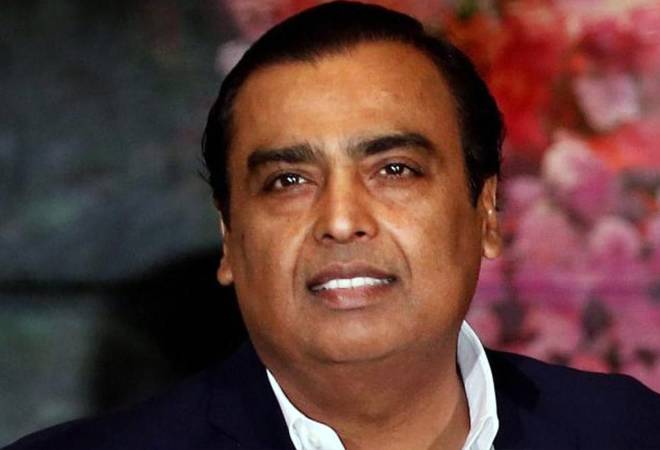Just like the Indian and the Chinese governments are involved in cat and mouse game to make the countries a manufacturing hub and remain a manufacturing hub respectively, Jack Ma and Mukesh Ambani, the richest person from China and India respectively, are in the same game to become the richest person of Asia.
In July 2018, Mukesh Ambani became the richest person of Asia with a spurt in Reliance Industries Limited shares but after a few months, Jack Ma again raced ahead. Now Mukesh Ambani has once again got his booty in Facebook-Jio deal and took over Jack Ma as the richest person of Asia.
The Coronavirus lockdown and slowdown of the Chinese economy has hit Jack Ma’s company’s valuation badly and his net worth suffered a rout of 30 billion dollars between December 19 and March 23.
On the other hand, Mukesh Ambani, whose RIL was also hit badly with the oil rout and was among the top losers of the world a few weeks ago, bounced back with Facebook-Jio deal. Since the deal was announced, the net worth of Mukesh Ambani jumped by 11 billion dollars.
The investment of 5.7 billion dollars by Facebook brought billions of dollars in the RIL’s shares and the total investment in the company in the last few days through the stock market is more than net investment by Facebook.
Reliance, whose primary business is refining and petrochemicals (at least a few years ago) as it accounts more than two-third of total revenues and almost all of the profit, has focused on diversification in the last few years. And thanks to diversification, Mukesh Ambani is the richest person in Asia, otherwise, given the rout in oil prices which touched a historic low in the last few days, RIL was going down to ashes. If Mukesh Ambani had not carried aggressive diversification in the last few years, he was going to be bankrupt like his younger brother.
“Given the collapse in oil prices and the delay in Aramco deal, they needed good news fast and this one is big good news in the current environment,” said Rajnesh Jain, director of KJMC Capital Market Services Pvt., a Mumbai-based brokerage.
Previously, Reliance chairman- Mukesh Ambani said that the company plans to move consumer business from the energy sector. Emphasizing the focus on digital services business, “In this new world, data is the new oil. And data is the new wealth,” said Ambani in Vibrant Gujarat Summit.
This would also help the company to set off the eyes of the investors from the failure of timely execution of Aramco deal and the historic low oil prices. The Facebook deal is a “great catch for Reliance Industries that has been struggling with delays in its deleveraging exercise,” said Abhimanyu Sofat, head of research at IIFL Securities Ltd. in Mumbai. “It will have to pursue further opportunities, including Aramco, at the earliest” to cut its net debt to zero, he said.
The company’s transition from refining and petrochemical business to consumer business is clearly visible in quarterly results. The consumer and retail businesses of the company have registered profit and grown exponentially over the last few years. “Now consumer businesses account for almost 25% of RIL’s Ebitda (earnings before interest, tax, depreciation and amortization),” said Srikanth, Joint Chief Financial Officer, after the release of last financial year’s result.
The deal would help the company with its “zero debt’’ aim, as with the anchor investment by Facebook, many companies would be interested in Reliance Jio, the separate entity Mukesh Ambani is planning to bring together all the digital operations. “This is a benchmark valuation for Reliance Jio as the first anchor investor and will now set the stage for more rounds of investment either through IPOs,” said Nirmal Gangwal, founder and chairman of Brescon & Allied Partners LLP, a Mumbai-based debt restructuring advisory.
Mukesh Ambani is known to work for monopoly in the markets, similar to his father. In the early days of the business, his father monopolized the thread-making business, and now he is himself doing the same in the refining and petrochemical business. Now the company is trying to monopolize consumer businesses- digital and retail. And this strategy worked for the visionary tycoon, as the future of refining and petrochemical business looks bleak.
